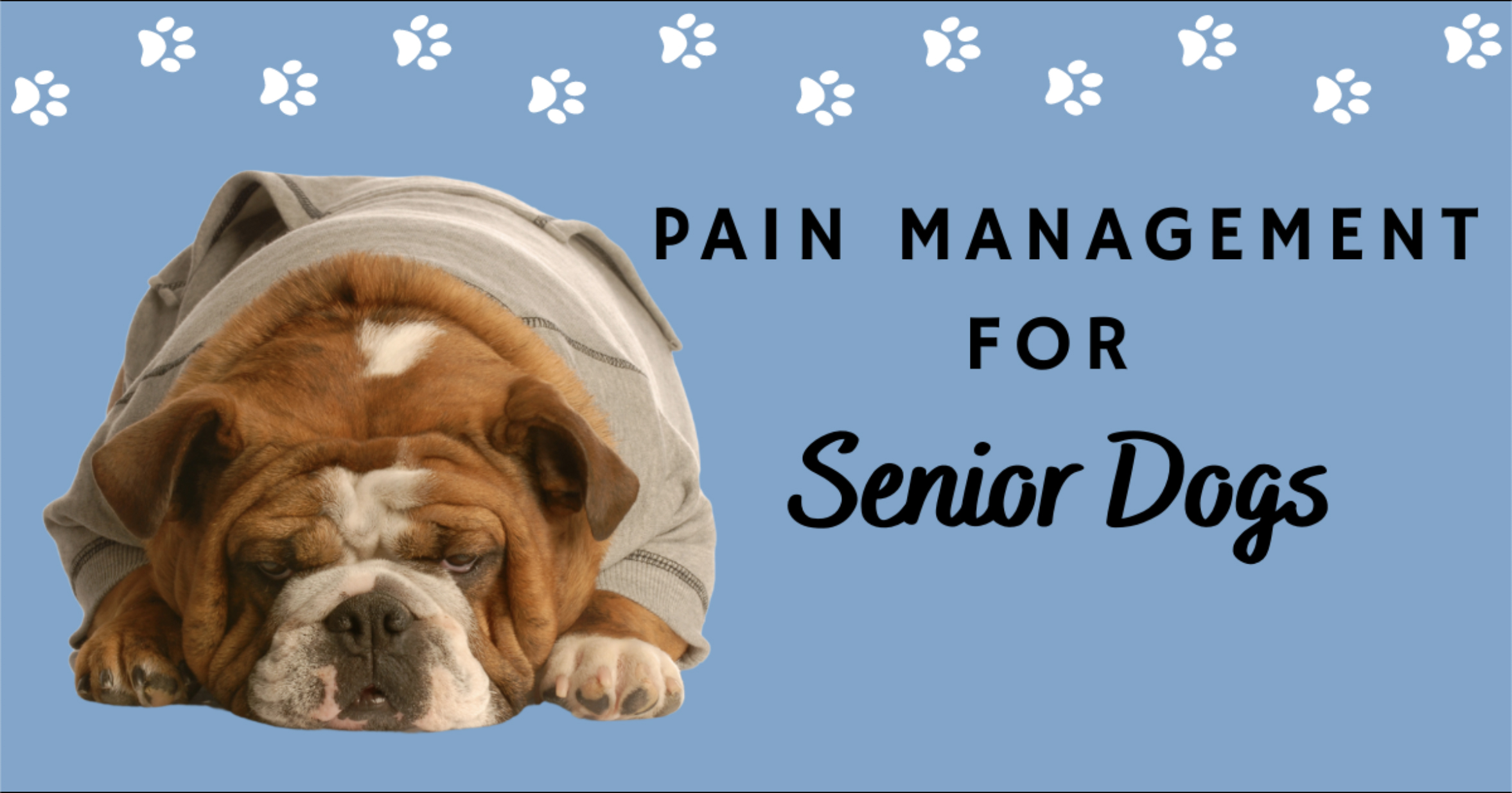Dogs are an important part of the family no matter how small the family actually is. So, we want to take care of them as much as we can. However, doing so can get harder as they age, since age comes with gradually increased pain and ailments. While you can’t cure them of everything common in older dogs, you can learn more about the options you have to manage their pain so that their later years are as comfortable as possible. Here are some common options for pain management in Senior Dogs
Supplements and Nutra-ceuticals
Everyone has that relative that believes all ailments can be cured using vitamins and fish oils, and no matter how much they push you just can’t believe it. Well, when it comes to older dogs, there is actually good evidence that supports fish oils and supplements as pain relievers. Things like omega-3 fatty supplements have anti-inflammatory effects that – when given to dogs – can help relieve that pain that comes from arthritis. Of course, it won’t get rid of the issue completely, but it will at least make it more tolerable. These supplements are safe to use on dogs with less liver function, so doing your research could give you more options. Alternatively, try consulting your vet for more information.
Weight Management for Pain Management
While it might seem counterintuitive to feed your dog less when they need as many nutrients as possible, it would be wise to consider weight loss. If your dog has arthritis or any other bone pain, then losing weight can help significantly with pressure relief in the affected areas. So, consult your vet and see if this is a good route for your dog. Though it might seem small, it’s still worth a shot.
NSAIDs
Non-steroidal anti-inflammatory drugs (NSAIDs) are pharmaceuticals that are not corticosteroids or opioids. This includes drugs like aspirin, ibuprofen, naproxen, and more. Essentially, there are pain relief medications that are much less addictive, but still effective for inflammation so you can give them to your dog to treat any current ailment. However, doing so without direction from a doctor can be dangerous, as certain medications may be too strong for dogs with less active livers and can cause harm and even death. Consult your vet for a proper prescription and medication schedule, and make sure that you stick to that schedule as best as possible. They aren’t designed to hurt your dog, they are designed to work and will only do so when used correctly.
Mixed Methods
No matter which method you choose, don’t be afraid to combine it with something more alternative. Acupuncture and massage therapy are both good options that when mixed with medication can help relieve pain. Similarly, CBD products for animals have been developed that can provide a more holistic approach to management, as well as options specifically for canine cancer.
No matter which route you take, vet consultations should always be the first step. The goal is to relieve pain, not accidentally cause more. So, do your research and ask your doctor for more information.


